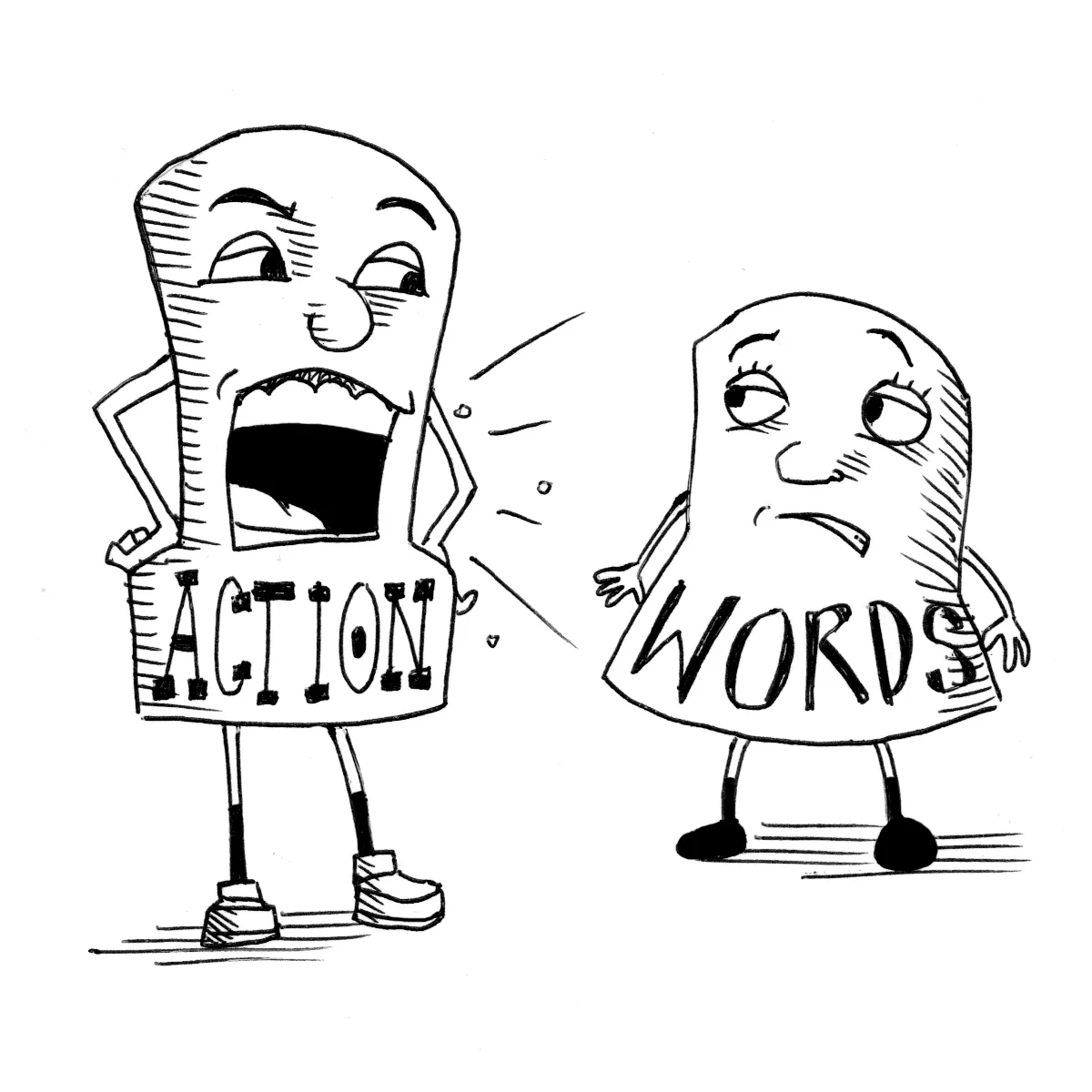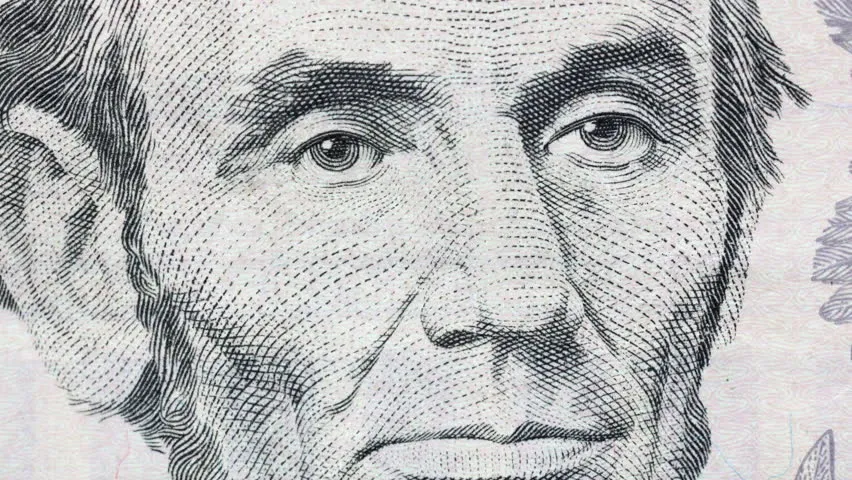
Demonstrated Preference and the Action Axiom
Demonstrated preference is another way of saying, "actions speak louder than words." As put by the notorious Austrian economist and father of Libertarianism, Murray Rothbard: demonstrated preference is the idea that a man’s actual choices in action indicate what he genuinely values.
We are able to determine demonstrated preference by starting with the action axiom (which says that individuals engage in purposeful action to relieve their own sense of uneasiness) and using logical deduction.
At a Glance
Demonstrated preference is not complicated by any means. When people voluntarily choose to engage in some action, it is because that action is the most important use of the scarce means (like time) available to them in that moment. For example, if someone chooses to eat at noon, we can say that they valued eating at that time more than they valued any other potential use of that time.
We can also say that they expected to derive more good from the consumption of that food at noon than at any other time. If this wasn't the case, they would have eaten their food at another time and done something else at noon.

Likewise, if someone chooses to spend five dollars on something, we can say that they valued the thing they purchased more than they valued the five dollars, and more than they valued any other use of that five dollars. If this wasn't the case, they wouldn't have spent the five dollars, or they would have instead spent it on something else.
Demonstrated Preference as a Lie Detector Test
Demonstrated preference also allows us to determine when people are lying, or when they don't genuinely value what they claim to believe.
For example, if someone says that they don't like pizza, we would have a pretty good idea that they don't really believe that if they voluntarily choose to eat pizza every night for dinner.
Likewise, if a socialist claims that he wants to abolish money, or that internet-connected devices and human hands aren't means of production/production capital, you'll know he doesn't actually believe his claims if he's trying to acquire resources by furnishing original content on Steemit.

Because if human hands and internet-connected devices aren't means of production, how could anyone use their hands and an internet-connected device as means to produce content? If you really wanted to abolish money, why would you be going out of your way to acquire crypto-currency, especially given that it isn't forced on anyone?
Final Thoughts
What else does demonstrated preference tell us about people who espouse socialism "on paper" while practicing something entirely different when the rubber meets the road? Perhaps that people only identify as socialist for one of two reasons: perceived lack of economic mobility, and desire to manipulate those with a perceived lack of economic mobility. Perhaps there's no such thing a socialist with a profit opportunity.
Some might object and say that private property is distinct from personal property, but as I've pointed out elsewhere, this is a distinction without a difference.
If you think I'm way off base or that I've made an error in my reasoning, let's get a conversation going in the comments. I'd be thrilled to have you help me iron out the details. This isn't intended to be a "gotcha!" Based on their demonstrated preferences, I simply suspect that self-proclaimed socialists may be espousing something that is contradictory to their own values.
